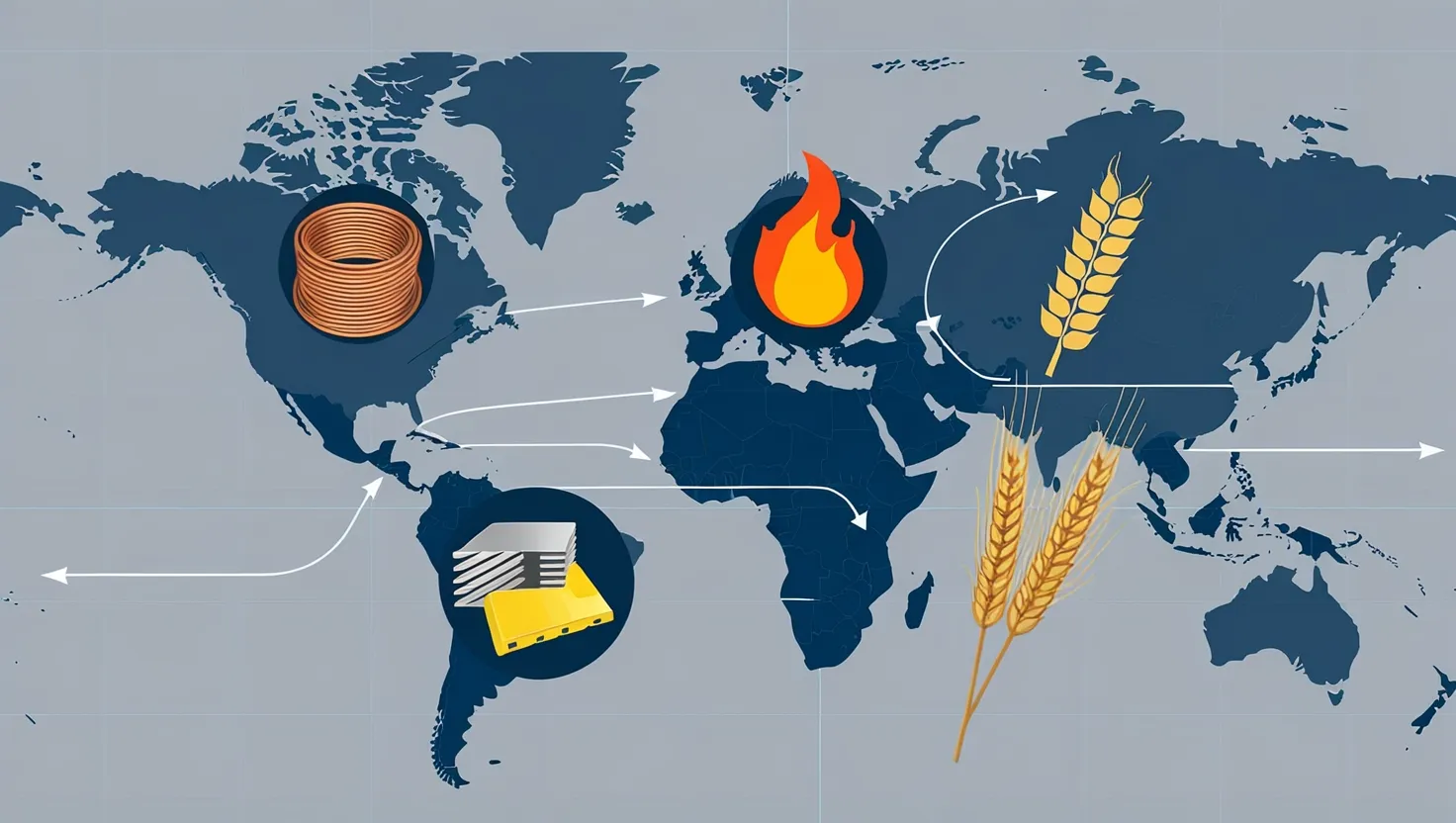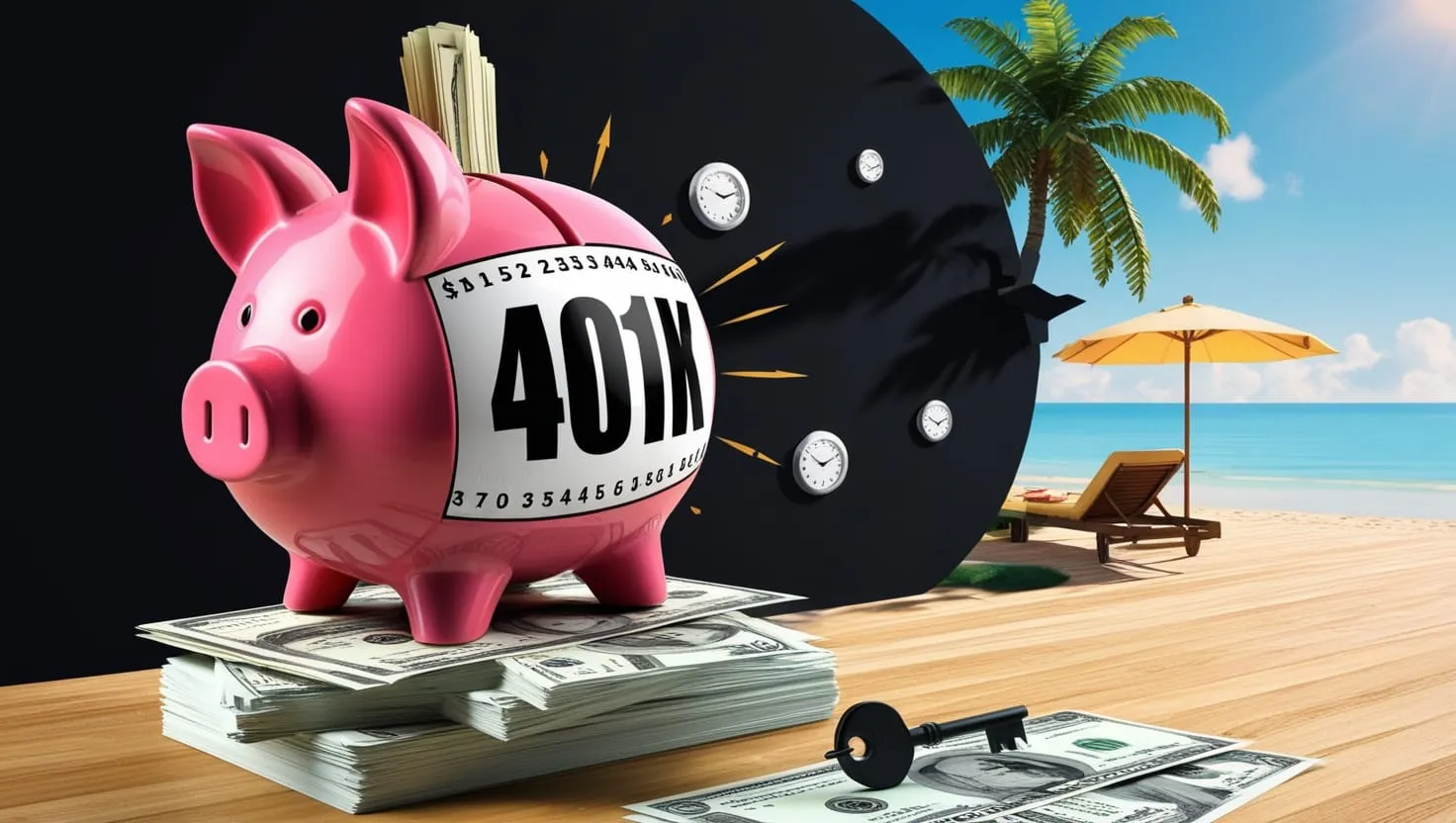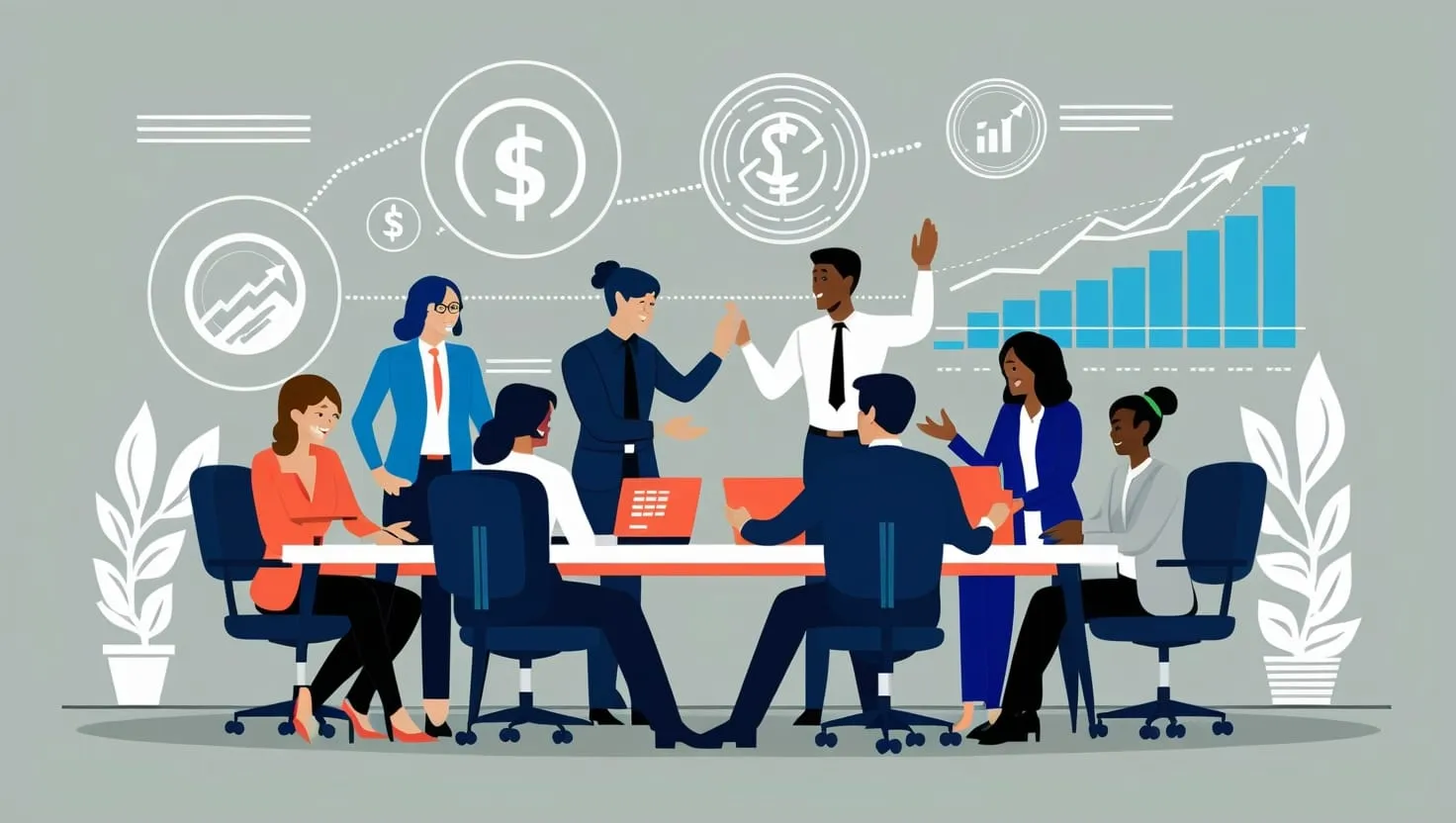Banks: Not Just Your Friendly Neighborhood Money Holders
Ever wonder what really goes on behind those big bank doors? Sure, they seem like safe places to stash your cash, but there's more to the story. Let's dive into some juicy secrets banks would rather keep under wraps.
The Great Money Shuffle
Picture this: you drop $100 into your savings account, thinking it's tucked away nice and cozy. Hate to break it to you, but that money's already out partying. Banks use this thing called fractional reserve lending. Basically, they take most of your deposit and lend it out to other folks or invest it. Out of your $100, they might only keep $10 on hand. The rest? That's making them some sweet, sweet interest.
Now, this isn't all bad. It keeps the economy chugging along. But it's good to know your money isn't just chilling in a vault, growing cobwebs.
The Overdraft Fee Hustle
Banks love overdraft fees like kids love candy. Go even a penny over your balance, and bam! You're hit with a fee that could make your eyes water. And here's the kicker - they often process big transactions first, even if they came in later. Why? To increase the chances of smaller purchases pushing you into the red.
Want to avoid this trap? Keep a hawk eye on your balance. Set up alerts for when you're running low. And consider opting out of overdraft protection. Sure, your card might get declined, but at least you won't be drowning in fees.
Phishing: Not Just for Weekend Anglers
Ever get an email claiming your account's been hacked and you need to log in ASAP? That's probably a phishing scam. These sneaky tricks are all about stealing your login info. Fall for it, and you could be saying bye-bye to your hard-earned cash.
The fix? Never click links in suspicious emails. Just type your bank's web address directly into your browser. It's a small step that could save you a world of hurt.
Be Your Own Financial Detective
Here's a pro tip: check your bank statements regularly. Spot a weird charge? Report it ASAP. You've got 90 days to flag any issues, and the bank has to investigate and return your money within 48 hours if something's fishy.
Banks might not shout this from the rooftops, but knowing your rights can save your bacon.
ATMs and Night Drops: Proceed with Caution
Using ATMs or night drop boxes can be risky business, especially with cash. Often, there's just one person handling these transactions. If something goes wrong, good luck proving what really happened.
Want to play it safe? Head to the bank during business hours when depositing cash. It might take a bit more time, but hey, better safe than sorry.
Credit Unions: The Unsung Heroes?
Ever considered a credit union? These guys often offer better loan rates and lower fees than big banks. Why? They're non-profits with less overhead, so they can pass the savings on to you.
Shopping for a mortgage? A credit union could save you thousands in interest over the years. It's always smart to shop around, but don't sleep on credit unions.
The Bounced Check Blues
Depositing a check that bounces is about as fun as a root canal. Not only do you have to pay back the money, but you might also get slapped with overdraft fees. Some banks even charge you for depositing a bad check in the first place.
To dodge this bullet, try to verify funds before depositing checks from people you don't know well. It's a little extra work, but it could save you a major headache.
Mortgage Hack: The Bi-Weekly Payment Trick
Here's a little secret for homeowners: making bi-weekly mortgage payments instead of monthly ones can save you a boatload in interest. Let's say your monthly payment is $4,000. Split that into two $2,000 payments every two weeks, and you could save hundreds of thousands over a 30-year loan.
This works because you end up making 26 half-payments a year instead of 12 full ones. It chips away at your principal faster, saving you big bucks in the long run.
Decoding the Fine Print
Bank terms and conditions can be about as clear as mud, but understanding them is crucial. Knowing the ins and outs of your account can help you dodge hidden fees and make the most of your money.
Don't be shy about asking questions or doing some research before opening an account or taking out a loan. Knowledge is power, especially when it comes to your cash.
The Bottom Line
Banks play a huge role in our financial lives, but they're not always upfront about everything. By understanding how they operate, you can make smarter choices with your money.
Keep an eye on your accounts, be wary of scams, and don't be afraid to shop around for better deals. Your money should work for you, not the other way around.
Remember, staying informed is your best defense against financial pitfalls. So keep your eyes open, ask questions, and don't be afraid to challenge the status quo. Your wallet will thank you.






